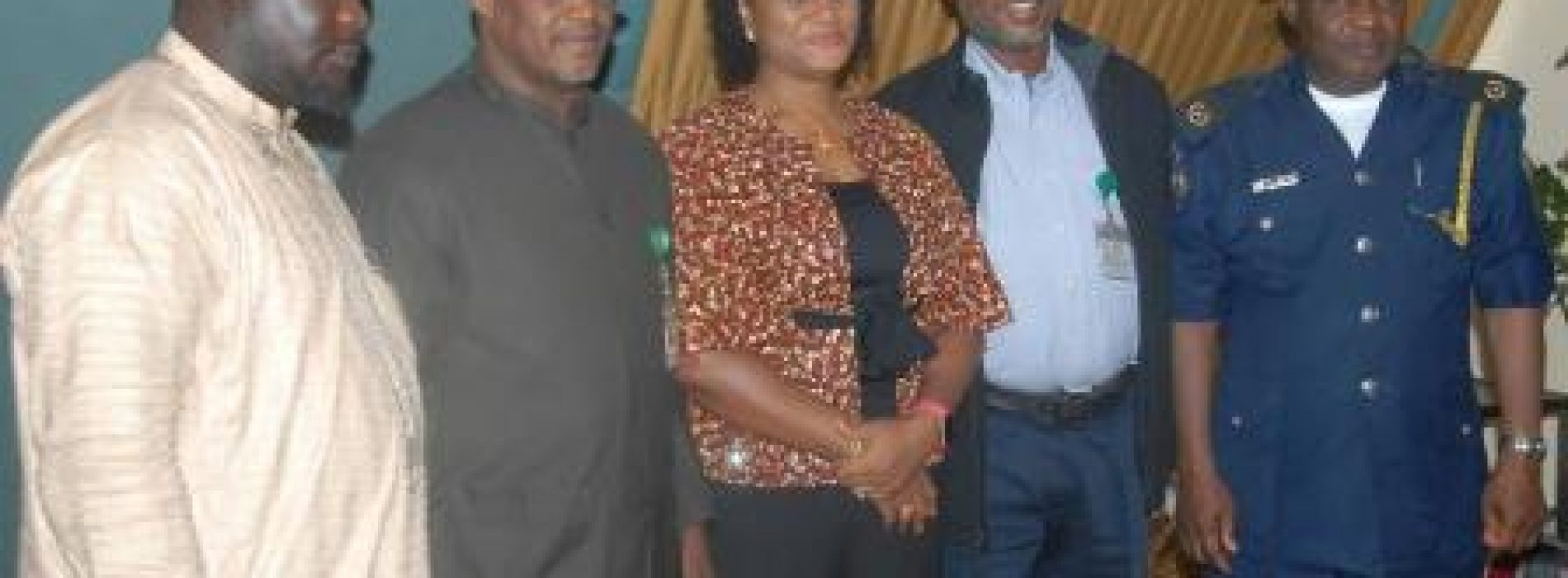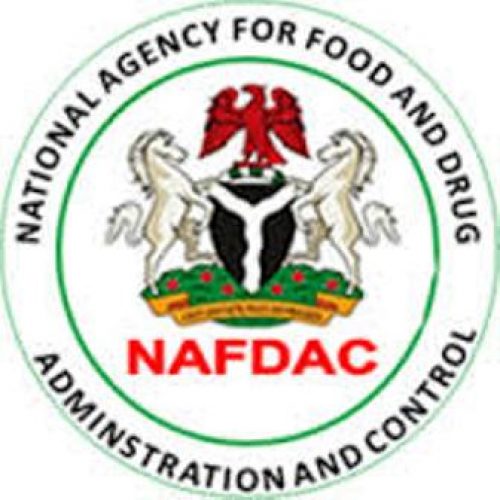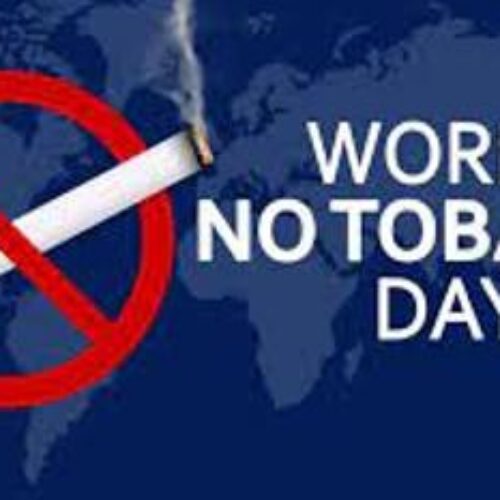Stakeholders raise concerns over roadside gas filling by vendors
-
It is illegal, govt says

L-R: Vice Chairman (NLPGA) Nigerian Liquefied Petroleum Gas Association Mr. Ibrahim Salka, Manager Operations (DPR) Department of Petroleum Resources Engr. Idris Zangi Mohammed, Country Director AFRICARE Nigeria Dr. Dorherthy Orode, Head Gas DPR Mr. Tahir Abdullah, Assistant Controller, Fire Prevention and Protection Engr. Saidu Sani during the Upgrade to Gas Stakeholders meeting.
ABUJA – The Federal Government of Nigeria and other stakeholders working on the use of liquefied petroleum gas (LPG), have raised concerns over filling of gas by vendors on roadside.
A major concern raised by the stakeholders is the alleged filling of expired gas cylinders by vendors, while some others reconstruct big cylinders to enable them carry burners against law. The stakeholders said such cylinders could explode and cause tragedy.
The Federal Government said it was illegal for anyone to sell gas on roadside in any part of the country.
The government also pledged to make the product available and more affordable to all in the country.
The comments came from Stakeholders Meeting on Report From Pilot Phase of “Upgrade to Gas Campaign,” initiated by Africare, a non-governmental health organization, in partnership with the Federal Government, on Thursday in Abuja.
Africare works with other partners to ensure Nigerians switch to cooking gas from other means of cooking.
Special Assistant to Minister of State for Petroleum on Refineries, Downstream and Infrastructures, Brenda Ataga, told Nigerian Health Online that the regulation on LPG “stipulates that gas can be sold, and the last man in the chain of gas is at the gas refilling plant.
“You must be certified by DPR to build a refilling plant, not gas cylinder resale cubicle on roadside. It is important that Nigerians have enough information so that people can safe and understand where they can buy from. What happens, and why the regulations are there is to protect the same group of people because gas that has been taken to refilling plant has been tested by DPR and has been passed as meeting the specified quality for the Nigerian standard,” she said.
The government also rubbished belief by some people in the country, especially the poor, that cooking gas is only affordable to the rich.
Ataga, who represented Minister of State for Petroleum, Ibe Kachiwu, said the use of charcoal and firewood to cook constitutes hazards to lives and the environment.
She argued that if both the rich and poor could use telephone, even when many thought it was only for the rich at the time it was introduced to the country, people of both social classes could use gas.
Ataga however said government did not know where vendors get the gas they sell from. “What we don’t understand is where the gas at the roadside retail is coming from. Nobody can identify that. Today, LPG is sold like they are selling tyres. That is how they are selling LPG. But, unfortunately, that is totally unacceptable in the sale of LPG,” she said.
Asked why government failed to ban the vendors from such activity, she responded: “We are looking into the situation. While we understand that it is an illegal occurrence happening now, we are also sensitive to the fact people are struggling with providing for themselves; which is why I said it is responsibility of everyone coming together to find another way for this people who have created a market from that to resell the gas in most appropriate way.
“What we are doing is look into close market distribution kit, that means they come together as a cooperative and purchase. For instance, they could purchase a mobile kit truck where all of them put money together to buy a proper kit that will be certified by DPR and they have a location that is certified by DPR where they can do their retail business from,” she stated.
Speaking on affordability of cooking gas, she said: “We want a situation where you can buy 200 or 300 naira worth of gas if that is you can afford. What we are advocating is the ‘pay as you go’ system of gas purchase as we have in the telecommunications sector where everyone irrespective of age, sex or level of social or education use the GSM phone. This will ensure that everyone can afford the use of cooking with gas.”
Africare began its campaign on the use of gas, in partnership with the Federal Government, in 2015.
The “Upgrade to Gas” campaign had led to “30 percent of persons reached” by the group in two years switching to cooking gas from other means of cooking such as firewood and charcoal, said its Country Director, Dr Orode Doherty, while speaking with our correspondent at the meeting.
The report called for implementation of more consumer-friendly cylinder payment schemes; exploring decentralized enforcement/regulation model around cylinder circulation, tracking and re-certification; closer collaboration between major LPG distributions and last-mile vendors on cylinder exchange programmes.
It sought sustained consumer-friendly gas and fire safety messages across national mass media; conduct sustained trainings/refresher trainings for last-mile vendors, implementation of national schemes for switching from kerosene, firewood vendors to LPG retailing eg via grant schemes.
It also recommended advocacy for tighter regulation/enforcement on cylinder circulation, tracking and re-certification; trainings/refresher trainings for last-mile vendors on gas safety standards; community ownership of LPG campaigns – employing community members to be part of activities to promote LPG at community level; adopting electronic data collection tools for scale up campaigns e.g KoBo Toolbox; developing engaging TV shows that educate women and youth on cooking safely with LPG, nutrition and healthy eating, and the effects of dirty cooking fuels on health and the environment.
Doherty told our correspondent in an interview: “We’ve been involved in this since September 2016 when we started doing the initial market research. And, till date, what we have found is that there has been over 20 percent increase in the number of people who consider that LPG is affordable for them. Why this is important is that at the beginning, in those same households, in those same communities, many of those people did not believe they could afford LPG. We didn’t give them free gas or free cylinders, we had conversations and helped them think about how they are prioritizing their health and children’s health, their environment and their finances and their wellbeing.
“To a large extent, the success that we have recorded, we recognize it is just the beginning. Within just two months of our initial conversations, up to 25 percent of the people we initially spoke with had switched to gas. The third month, we looked at the data together, we had up to 30 percent…
“Gas is cheap, it’s clean, it’s safe when it is appropriately used. We want to urge Nigerians to stop felling of trees and destruction of our forest. For now, according to Federal Government regulations, there is policy to switch to cooking gas.”
She furthered that Africare had in December 2017 launched the Cylinder Payment Scheme with gas marketers such as Lite Gas and AA Rano which she said allows households under the scheme to pay for cylinders on installment over an agreed period of time, and that the scheme helps households with sustained access to safe and certified cylinders.






0 Comments
No Comments Yet!
You can be first to comment this post!